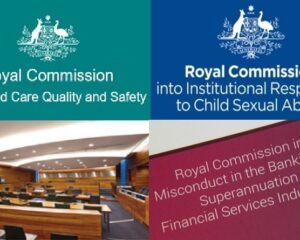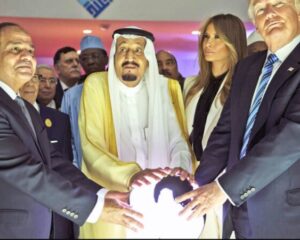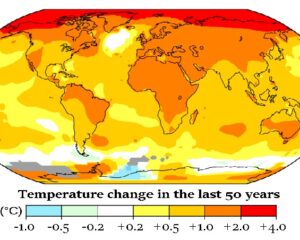Is Australian Prime Minister Morrison’s call for a Royal Commission on matters related to the recent bushfires just a smokescreen, an excuse for avoiding real action, or is it a genuine attempt to get a body of evidence and a report on which the government could build a holistic strategy for addressing global warming, which should be applauded?
Read more





